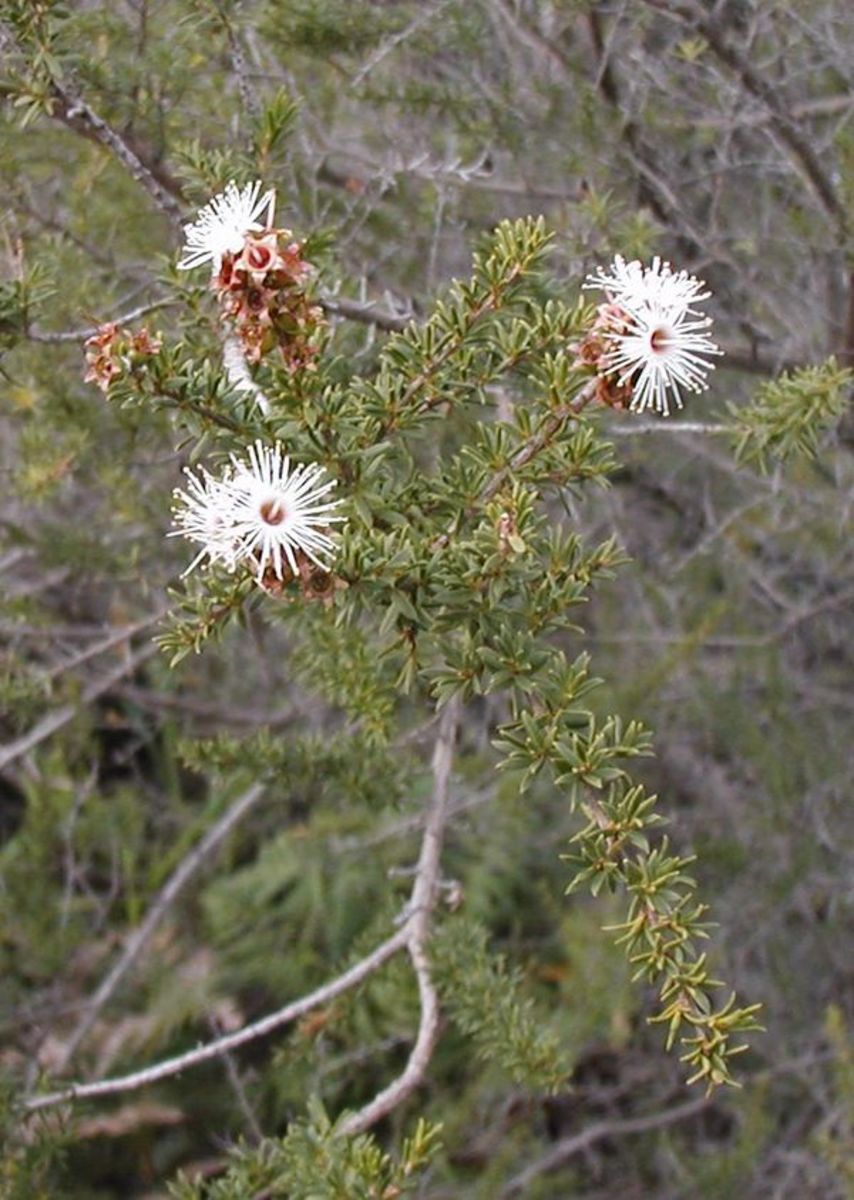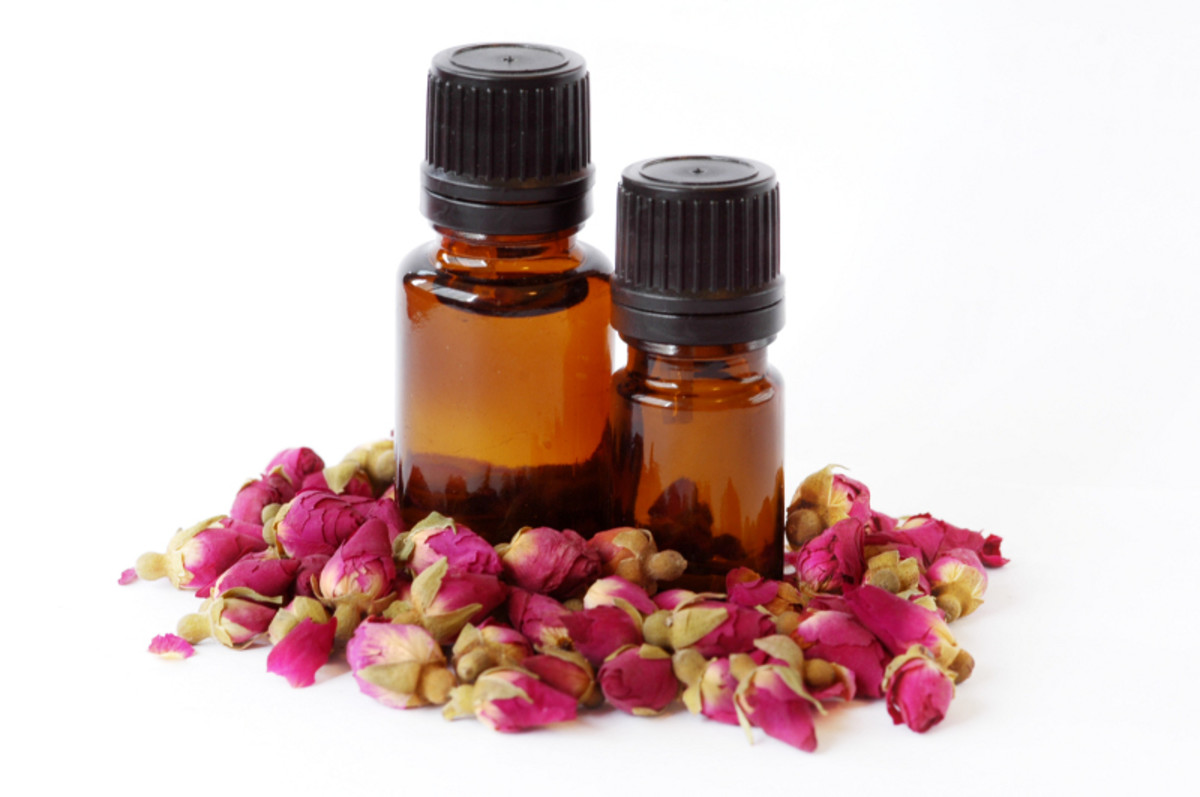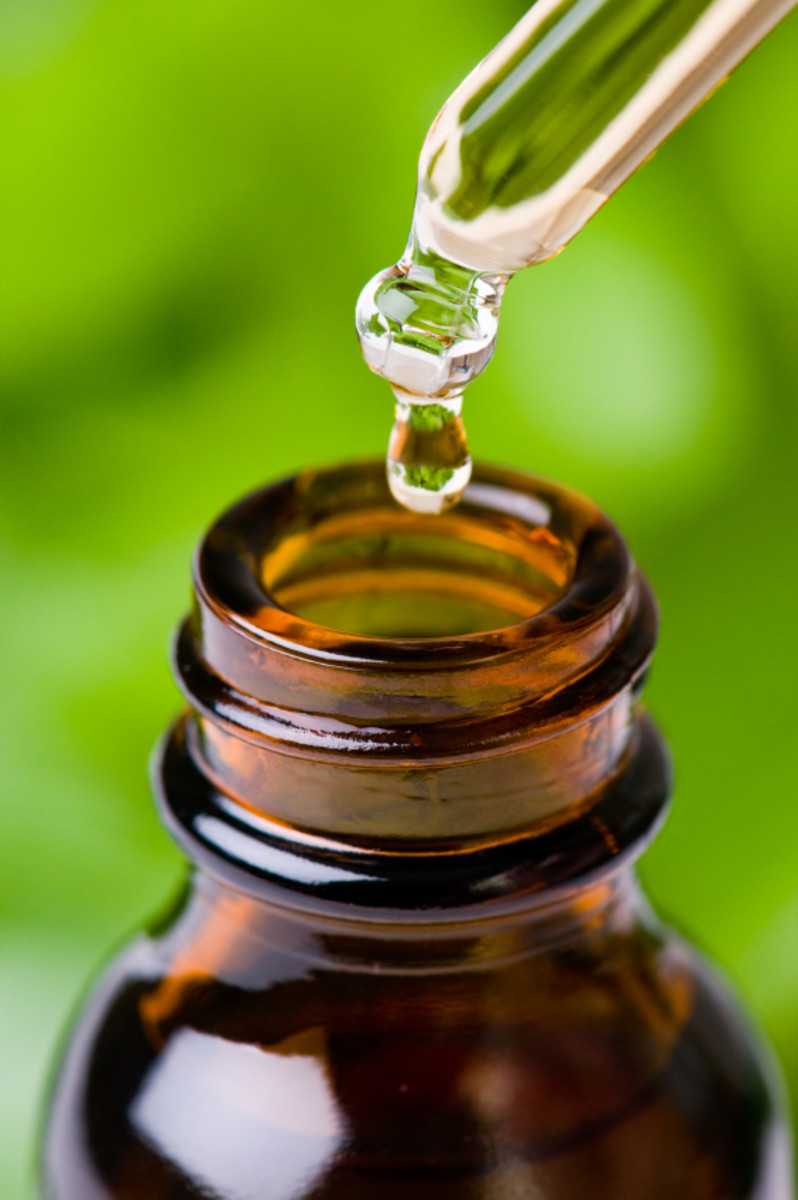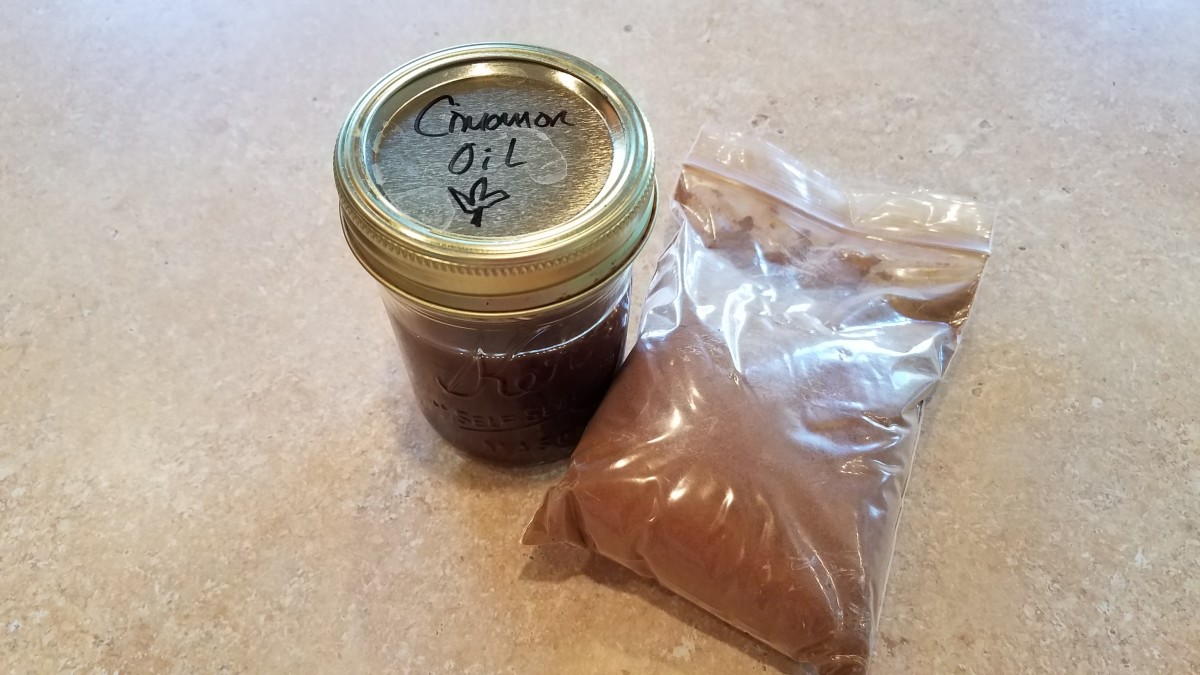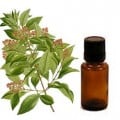- HubPages»
- Health»
- Alternative & Natural Medicine»
- Aromatherapy
Cedarwood oil: the health, household and aromatherapy benefits of cedar wood essential oil
An introduction to cedarwood oil
Cedarwood or cedar wood essential oil is taken from a number of closely-related cedar trees, from theCedrus family.
The oil is taken from the actual wood of the tree, and it subsequently has a woodsy, spicy scent.
Cedarwood oil has been used for thousands of years, and the ancient Egyptians, Greeks and Romans all used it for various medical conditions. Cedarwood incense was common in ancient Egypt, and is still used in Tibetan Buddhist religious ceremonies to this day. The ancient Egyptians also used cedarwood oil extensively in the mummification process.
This wonderful essential oil has many, many
healing properties, but it is most often used for its tranquilising
effect. Cedar wood oil is also a valuable tool in skin care products.
In aromatherapy products, it is often included for its relaxation and stress-relieving properties, and is recommended in blends in an aromatherapy oil diffuser for this purpose, too.

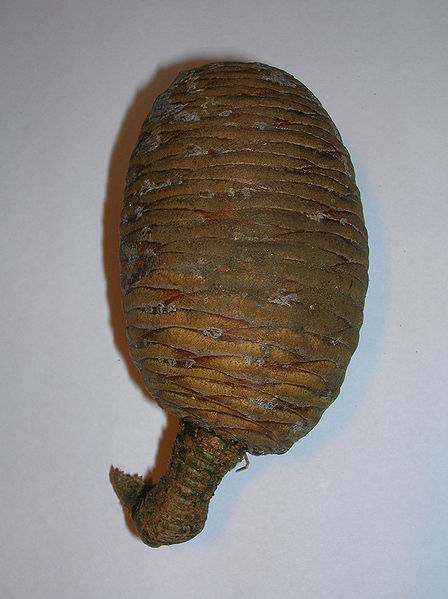
Cedarwood oil in skin care products
As an astringent, cedarwood essential oil can help cure toothache, and can help the gums tighten around the teeth.
The astringent properties of cedarwood oil also cause it to give muscles a youthful elasticity and to tighten the pores of the facial skin.
Another fantastic effect of cedar wood oil is that it is anti-sebhorroeic, which means it helps clear up the dreaded skin disease sebhorroea.
This disease is caused by a malfunction of the sebaceous glands in the skin, which produce the oil the skin needs to stay moisturised and supple. When the sebaceous glands cease proper functioning, they are attacked by infection, which causes the skin to turn gray or white and peel off.
Cedarwood oil, used as a tonic or moisturiser, ousts the infection and regulates the functioning of the sebaceous glands, ridding the skin of sebhorroea forever. Because of its regulatory effect on the skin, cedar wood oil can also help cure acne, dandruff, and other skin diseases and infections.
Because of the positive effects on pores and skin, cedarwood oil is often used as an ingredient in shaving and men's skin care products, sometimes blended with other essential oils. The antiseptic and astringent properties of cedarwood oil combine with a warm and woody scent to make it a fantastic addition for men's shaving products.
It also makes a great addition to skin care products such as face masks, aromatherapy bath oils, and body butter.
Cedarwood aromatherapy
Used to scent a room through an aromatherapy oil diffuser, cedar wood essential oil has a strong calming, relaxing, and sedating effect.
It can be used in case of extreme stress, and it can even act as a pain reliever by relaxing the muscles. For someone who is very tense, including this in an aromatherapy oil blend can really someone help de-stress and un-wind during an aromatherapy massage.
Cedar wood oil is particularly soothing to a strained mind, and it can help relieve anxiety.
Aromatherapy products often include cedarwood oil, especially those designed to be used more in the evening, such as aromatherapy bath oils or body butters. I have a gorgeous bath oil, which is blended with a mixture of cedarwood oil and sage oil, and it is a truly wonderful bath oil after a long, hard day.
It is also a good sleep aid, especially when sleeplessness comes from stress and worry. Because of this, cedar wood oil is often used in an aromatherapy oil diffuser to relieve the symptoms of insomnia. It is often blended with lavender oil for this purpose, and lavender is a great aromatherapy oil for sleeplessness.
Cedarwood incense is a wonderful way to enjoy the scent, and the aromatherapy advantages, of the tree. It is an important part of many temple rituals and ceremonies in Tibetan Buddhism, and cedarwood incense is also a popular tool for meditation.
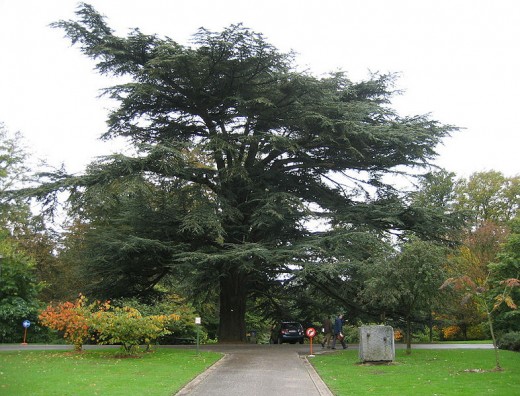
Other health properties of cedar wood essential oil
Cedar wood oil is also both a tonic and an astringent.
As a tonic, it helps tighten and tone the muscles of the body, including the stomach.
Cedarwood oil also improves brain function, tones the skin, and increases the body's metabolism, helping with weight loss and regulation.
Cedar wood oil is excellent for treating diseases because it is anti-septic and anti-spasmodic. The oil can be used on exterior wounds to clean them and prevent infections like tetanus, and it can be used internally in very low concentrations to cure and prevent disease.
Cedar wood essential oil is also excellent at reducing muscle spams in the digestive system, the heart, the lungs, and the nerves. Used in a compress, an aromatherapy oil diffuser, or in the air, cedar wood oil can reduce coughing, and it can help with problems associated with the digestive system.
This oil is also a good expectorant, and it can be used in place of conventional, chemical-ridden expectorant medications to relieve cough and congestion associated with colds, the flu, and allergies.
Cedar wood essential oil also relieves other cold, flu, and allergy symptoms, influding runny nose, itchy, red, or watery eyes, and headache.
Since cedar wood oil is both an expectorant and a sedative, it can be used in a compress or an aromatherapy oil diffuser to relieve congestion and help cold, flu, and allergy victims fall asleep more easily and rest more deeply.
Cedar wood essential oil is an emmenagogue, which means that it stimulates blood flow to the pelvic area. When used correctly, cedar wood oil can stimulate menstruation. It can also regulate the monthly cycle if it is unpredictable.
Beyond this, cedar wood essential oil is good for women because it relieves the pain, nausea, and fatigue associated with menstruation and pre-mentrual syndrom.
Household uses
Like many other strong, spicy-scented essential oils, cedarwood oil makes a good all-natural insect repellant.
Use cedar wood oil in a vaporiser or an aromatherapy oil diffuser in the kitchen, in the garden, and in other insect-infested areas to drive out flies and mosquitoes.
For a less intrusive insect repellant option, dab a few drops of cedarwood oil onto three or four cotton balls, and set the cotton balls in various places around the house that tend to attract insects - the kitchen window, the pantry, the basement corners, etc.
Cedarwood, and cedarwood oil, are great natural repellants for clothes moths and carpet moths.
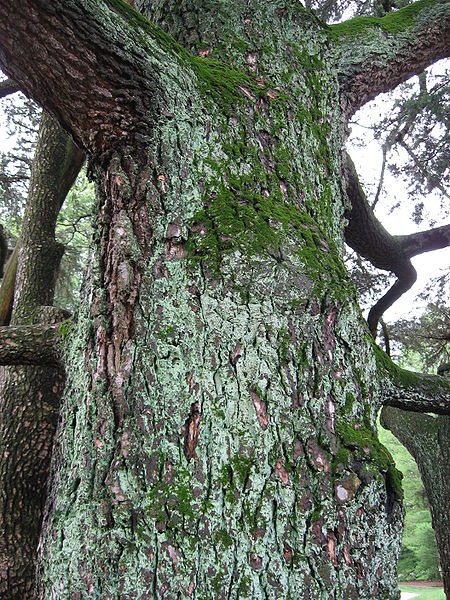
Caution and contra-indications
Since it is such a strong oil, cedarwood oil should only be used in proper diluted form on the skin, and even then, check for sensitivity before using it over large areas of skin.
The best way to do this is to dab a drop on your skin, and wait for 24 hours or so to see if it causes any irritation.
Be careful using this oil too close to your eyes or mouth.
A little of this oil goes a long way!
Since it is an emmenagogue, pregnant women should avoid cedarwood oil.
Always check with a doctor or homeopathic practitioner before ingesting cedar wood oil, or any other essential oil, for that matter.
Other essential oils which blend well with cedarwood oil
Cedarwood oil mixes well with many other essential oils, as it adds a warm note and wonderful fragrance to many different aromatherapy oil blends. The following are particularly good with cedarwood oil, and links are shown to the articles about those oils
Flower Oils:
Chamomile oil, jasmine oil, lavender oil, and neroli oil.
Herb Oils:
Basil oil and rosemary oil.
Leaf, Cone, and Needle Oils:
Eucalyptus oil and Patchouli oil.
Citrus Oils:
Bergamot oil, grapefruit oil, lemon oil, orange oil, and tangerine oil.



